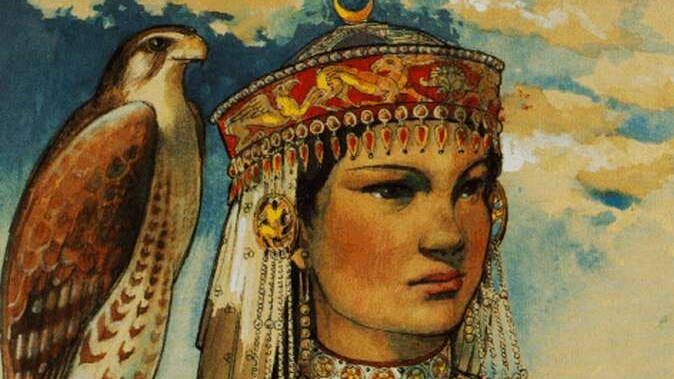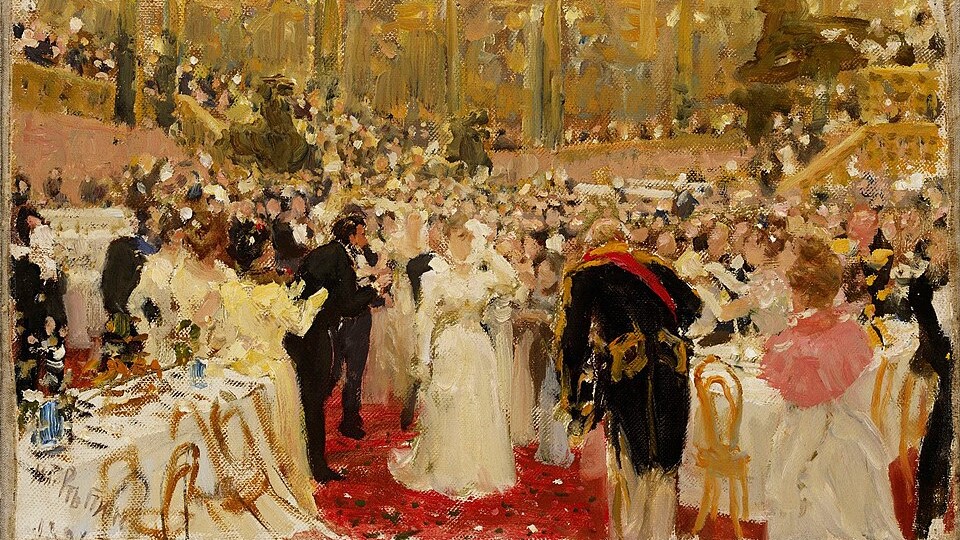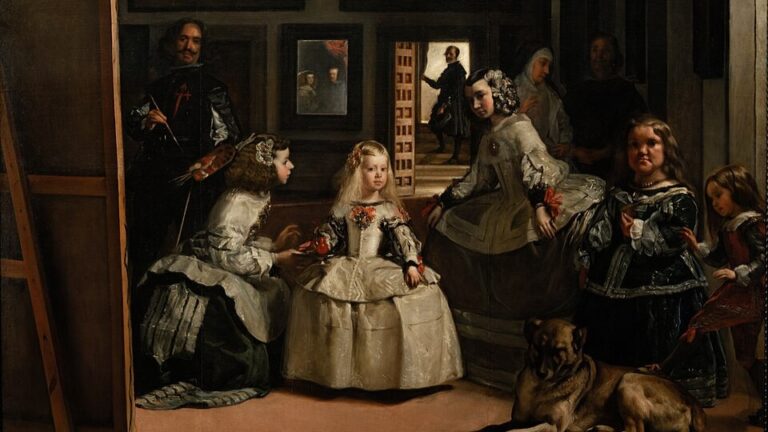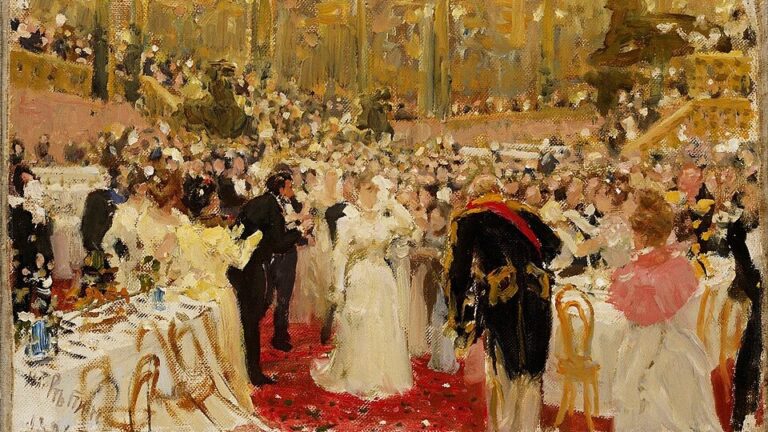Tibor Joó on Spiritual History[1]
The nation is ‘pure ideality’, Tibor Joó (1901–1945), one of the most prominent but now largely forgotten members of the interwar generation of Hungarian philosophers declared. A nation is not constituted by blood, tribe or race, but by spirit: this is the case for all nations, according to Tibor Joó, but especially for the Hungarian nation, one of the most complex and multifaceted of all European nations. The Zeitgeist of the 1930s, however, did not do him justice: Bálint Hóman, one of the most important historians of the Horthy regime and a shaper of the cultural policy of the time, attacked Tibor Joó’s concept of nation in his office as president of the Hungarian Historical Society in 1943[2], and the 45-year-old scholar was killed by an exploding air mine two years later, shortly after the siege of Budapest, in March 1945. However, despite attacks like Hóman’s, Tibor Joó’s work as a philosopher and intellectual historian was cautiously acknowledged during his lifetime—much like the work of his most prominent contemporaries, Béla Hamvas, Nándor Várkonyi and Lajos Prohászka. Joó worked as a librarian, and in 1939 he became a private lecturer in the philosophy of history at Péter Pázmány University.
Although Joó was a staunch opponent of National Socialism and opposed the right-wing regime in Hungary between the two world wars, asserting ‘anti-fascist’ principles, the philosopher of history was not canonized during the Communist regime. As a Christian, a Protestant, and, moreover, a ‘new idealist’ thinker, Joó’s work fell out of favour after 1945. It was only after the post-1989 regime change that his name began to be mentioned again, ‘usually in commemoration of the novelty of Tibor Joó’s concept of the nation, its humanist side.’[3]
We examine Tibor Joó’s concept of the nation—as certainly the most enduring and valuable part of his work—in contrast to the post-regime change, mainly liberal approach of literary historians (Tamás Gusztáv Filep, László Ferenczi[4]), from a viewpoint which is grounded in conservative thinking. It is clear that Joó was not inherently attracted to conservative philosophical thought.[5] In fact, in terms of the reception of Spengler in Hungary, he was, for example, one of the first thinkers to formulate an essentially pejorative critique of the renowned German conservative philosopher of history.[6] On the other hand, on the occasion of Benedetto Croce’s appointment as minister after Mussolini’s arrest in 1943, Joó wrote an exultant article about the Italian liberal thinker.[7] As he put it in his essay ‘The Idea of Freedom in History’:
‘[W]e may believe that this picture bears witness to a development that slowly, by circuitous routes and with many setbacks, but nevertheless progresses towards the realization of the notion of freedom of philosophy. Perhaps Hegel is right in principle! Our optimism is strongly supported by the very fact that, whatever the external picture of the struggles over the utopia may show, the ultimate aim of political organization was to find a way of reconciling the common goal of the state with the natural desire for freedom of the individual.’[8]
‘If, however, humanism is understood as mere antrophocentrism, then it becomes a replacement of theocentrism’
This moderate, yet explicit progressivism needs explanation. Progress was already a highly problematic idea in the 1930s and 1940s, but today it is regarded as a thesis that has been almost completely discredited. As we approach the end of the first third of the 21st century, and we are looking back on modern history from here, the idea of progress has reached a point of terminal bankruptcy, the signs of which are too numerous to list here. So-called humanism—Tibor Joó shows himself to be a committed believer in humanism in numerous places—is also a concept the meaning of which is nebulous and not clearly positive. In the sense of the Humanist Manifesto of 1933, penned by the most influential American progressive thinkers of the era such as Roy Wood Sellars and John Dewey, humanism is secularist and focused primarily upon the social progress of humanity. Humanism, of course, can be used in a theistic and/or personalistic sense, if we take Catholic philosopher Tamás Molnár’s ‘Christian humanism’ or that of Jacques Maritain seriously. [9]. If, however, humanism is understood as mere antrophocentrism, then it becomes a replacement of theocentrism, and its meaning, especially in view of the current ideological trends which, after the turn away from the transcendence of classical humanism, now call for transhumanism, mostly seems a scientistic and inherently secularist perspective.[10] Indeed, the Humanist Manifesto of 1933 defines humanism as a ‘new religion’ more suited to modernity than the Judeo–Christian heritage.
Tibor Joó, like many of his peers, failed to perceive the crisis of modernity that was already prevalent 100 years ago and has since deepened even further. Differently put, he neglected a Nietzschean ‘transvaluation of all values’, including those of modernity.
As a philosopher of history, Joó was a follower of Hegel and Károly Böhm, hence he was unable to detach himself from the Zeitgeist—not from the current of ‘fascism’ or communism, nor even primarily from liberalism, for despite his strong liberal leanings, as a philosopher of history he criticized ‘free competitive capitalism’ and with it ‘the noble optimism of liberalism’ with sometimes surprising sharpness.[11] Joó could not disassociate himself from the Zeitgeist which, more comprehensively than the former, unfolded in modernity and was responsible for the emergence of the modern ‘mindset’, including the militant secularism that became all but compulsory in learned circles.
As a committed Protestant, Joó emphasized the primacy of ‘spirit’ over matter in almost all his writings, but he failed to take into account that religion and ‘spirit’ do not always overlap, and religiosity itself simply becomes ineffective if so-called religious people view the world on the same premises as their atheistic and materialistic counterparts. Indeed, historical Protestantism itself played an immense role in the emergence of the world-historical trend towards secularization. This Zeitgeist, which Joó evidently did not fully perceive, implies the denial of great symbolic realities from the end of the Middle Ages and the Renaissance onwards[12], the emergence of the germs of modern analytic natural science through Protestantism, the anticipation of individualistic and collectivist worldviews, and finally a deterministic-materialistic conception of the universe. This was not simply a denial of religion, but a vast and all-encompassing process of turning away from transcendence—the gradual extinction of the divine spirit (or, in Master Eckhart’s terms, ‘spark’) still living in the limited earthly human. It also entails the profanation of religion from within, and an even broader, all-embracing trend towards the secularization of the human mind, the Eclipse of God (see Martin Buber), which, of course, can still be integrated into a longer term apolcalyptic eschatology. After all, humanity is doomed to turn away from transcendence, but in the eyes of believers this in no way disproves God’s existence.
Modernists deny the transcendent potentialities of human consciousness, until everything is finally reduced to a level of ‘too human’, a state which, in fact, twists and inverts human consciousness out of its original form, and leads to the ‘Cartesian syndrome’ from which modern materialism, atheism, and nihilism emerge, in the context of a final crisis of sense-making. It is a notion we have already seen in the works of the ‘otherwise religious’ Bacon, Descartes, Newton. This then becomes the basis for rationalism and materialism, creating the disintegrating and rigid, overspecialized, but at the same time primitivized conceptions of reality within technocratic, reductive scientism, which is also characteristic of our current culture. But it is also the foundation of a romantic idealism which, rather than denying the old vertical hierarchies, the Christian–Neoplatonic idea of the ‘great chain of Being’, sought to ‘modernize’ the Spirit by horizontalizing it, emphasizing the ‘evolving’ nature of transcendental reality. Tibor Joó, as a Protestant thinker—and a follower of Hegel—was himself, after all, one of the representatives of this progressive–romantic worldview.
‘By emphasizing the spiritual characteristics of the nation, Joó’s insights provide us with a starting point’
Fortunately, however, Joó’s work as a philosopher and historian is not limited to repeating the well-known commonplaces of ‘humanism’ and ‘progress’. Although we cannot refrain from a brief critique of the ideology of progress, which permeates his work, Joó’s analyses nevertheless contain important contributions on the possibilities of approaching freedom and responsibility in the modern world. In terms of the form of his thinking, such a positive aspect is his emphasis on spirit and the history of spirit, with which Joó conceived of the historical unfolding (in his terms, ‘development’) of humanity and of the individual, specific nations in a distinctly anti-materialistic sense. These are approaches and historiographical conceptions that should be seen as positive aspects, especially since they were not the ‘mainstream’ amongst Hungarian philosophers writing in the 1930s and 1940s.
Spiritual history as a research methodology and approach also includes anti-materialism and anti-positivism. In addition to all this, one of Joó’s major virtues is his multifaceted and thorough explication of the concept of nation. The notion of nationalism is somewhat antithetical to certain forms of conservative thought, being seen by many as a reality itself born out of the anti-traditional tendencies of the Enlightenment and the French Revolution of 1789, and a plebeian neo-democratic populism that denies the principles of dynastic monarchy, nobility, and aristocracy. But the situation is not so simple even when interpreted on the plane of mere historical facts.
Nationalism, like the concept of nation, can be understood in several ways. In the spiritual–historical analysis of the concept of the nation, which makes up a considerable part of Joó’s work, elements are emphasized which are strongly opposed both to the class-centred concept of communist thought and to the left-wing, anti-nationalist forms of liberalism, while being no less critical of the concept of race in national socialist and various racist worldviews of the era. By emphasizing the spiritual characteristics of the nation, Joó’s insights provide us with a starting point that can be taken into account in the re-foundation of a conservative conception of the nation that is equally opposed to all three approaches.
[1] ‘Spiritual history’ (szellemtörténet in Hungarian) is an idealistic conception of human history originating from German idealist thought. The term is a mirror translation of the German word Geistesgeschichte. It is not the equivalent of the term ’intellectual history’ (or the history of ideas) in English. See: https://www.britannica.com/topic/philosophical-anthropology/The-idealism-of-Kant-and-Hegel#ref1011523, accessed 3 October 2024.
[2] Bálint Hóman, ’Elnöki megnyitó beszéd [a Magyar Történelmi Társulat 1943. évi június hó 10-én tartott közgyűlésén]’, Századok, 1943, 139–140.
[3] Tibor Joó, A korszellem mint történetfilozófiai kérdés. Békés Márton kommentárja, Kommentár, 2023/4, 146.
[4] Gusztáv Filep Tamás, Joó Tibor: A szellemtörténet és a magyar nemzeteszme, Századvég, Budapest, 2019. László Ferencz, Joó Tibor: Esszémonográfia egy befejezetlen életműről, Hugarovox, Budapest, 2022.
[5] Mainly in a cultural sense—mostly in the context of his Christian religiosity—the adjective ‘conservative’ can of course also be used in connection with him.
[6] According to Joó’s somewhat tendentious critique, Spengler’s ‘real influence…is the perfect correspondence of his ideas with the universal despair present at the time of the book’s publication’ and, in his view, the German philosopher of history has a ‘suggestive force’ and ‘pseudo-scientific’ attempt to justify the general pessimism after the end of the First World War. (Tibor Joó, ‘A kétségbeesés bölcselete’, In Tibor Joó, Történelemfilozófia és metafizika, Ister, Budapest, 2001, 104–121, 138.)
[7] According to Joó, Croce’s philosophy is ‘classical liberalism’, which is ‘the doctrine of the freedom of the spirit-bearing personality.’ This doctrine, elaborated, proclaimed and died for by ‘the best of our race’, is ‘the rule of the laws of the spirit—truth, goodness, beauty and holiness.’ Tibor Joó, ‘Croce’, In Történelemfilozófia és metafizika, 273–277, 274.
[8] Tibor Joó, Történelemfilozófia és metafizika, 148.
[9] See Tamás Molnár, Keresztény humanizmus, Kairosz, Budapest, 2007.
[10] As Professor Hossein Nasr points out: ‘In contrast, since the advent of Renaissance humanism Western civilization has absolutized earthly man. While depriving man of his centre and creating a veritable centreless culture and art, Western humanism has sought to bestow upon this centreless humanity the quality of absoluteness.’ See Seyyed Hossein Nasr, The Need for a Sacred Science, Curzon Press, London, 68.
[11] ‘Liberalism’s noble optimism has been marred by a miscalculation. It was based on the assumption that in competition the most extreme, most noble forms would win, and that this competition would automatically exclude the rejects, the immoral and the untalented. This calculation, however, has not been proved correct…The honesty, refined taste and smaller numbers of the superior individuals cannot stand their ground in the increasingly sordid struggle, and they prefer to withdraw from it. Value abandons success, and success becomes the stigma of inferiority; and the space of competition becomes the possession of the rejected masses.’ Tibor Joó, Történelemfilozófia és metafizika, 148.
[12] For Tibor Joó’s reflection on the Middle Ages, the Renaissance and the Reformation, see his essay ‘Historical Significance of the Reformation’ (Történelemfilozófia és metafizika, 200–213). According to Joó: ‘Medieval man turned his gaze solely to the otherworldly existence.’ In comparison, the Renaissance represents a hedonistic rebellion against the asceticism of the Middle Ages, extreme individualism and secular values—the Reformation, in response, a synthesis of thesis and antithesis. In the Reformation, man no longer turns fully towards the afterlife, since it ‘transcends’ both the medieval and the Renaissance approach, and teaches a ‘transcendence’ of the world by worldly activity. Obviously, the situation is not so simple, since the idea of ‘transcendence’ in Protestantism quickly turned into full secularism. Instead of ‘imbuing the world with the spirit’, Protestant nations were also the precursors of capitalism, technology, industry in the modern sense, ie ‘the rule of the machine’, not to mention the socialist (even communist) ideas that sowed the seeds of radical democracy and political chaos in the early modern Protestant sects. The main lines of Protestantism prepared the ground for a post-Christian ‘secular humanism’, where religion itself would eventually dissolve.
Read more from the same author:







